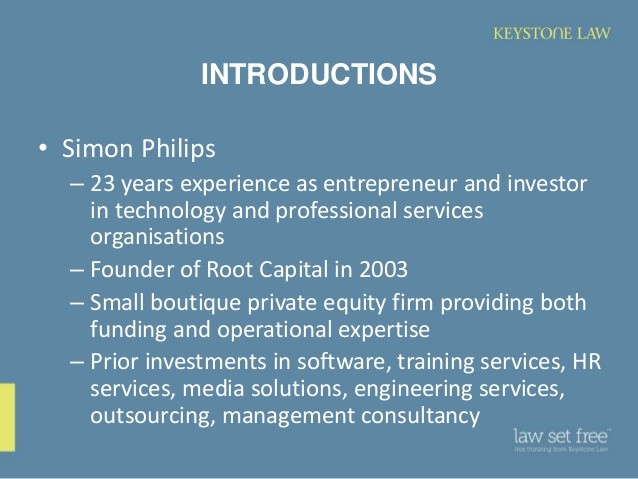Private Equity Investing for Small Investors
Post on: 5 Июнь, 2015 No Comment

Recent Posts:
Private Equity Investing for Small Investors
Private equity: Its the high-stakes, high-reward game of Wall Street bigwigs and well-heeled investors, right?
Sort of. Theres big money to be made but small investors have a growing number of ways to tap the space.
Private equity returns can be substantially higher than returns of traditional equity markets, especially when the economy is growing and small- to middle-market businesses are able to generate rapid growth in revenue and income. Over a 10- to 25-year horizon, private equity investments have been able to post better returns than the overall market and the major indices.
Private equity funds make money by investing in the debt or equity of various businesses. They get a return on investment by providing consulting services, as well as through management and financing fees to its portfolio companies, and capital gains when the investment is exited. Private equity funds can focus on an industry, a type of investment vehicle, investment criteria, geographical location or a myriad of other focuses in which management believes they can produce above-average returns.
Private equity investing has primarily been the playground of pension funds, university endowments, foundations, banks, insurance companies and high-net-worth individuals. The reason for the exclusivity is that the Security and Exchange Commission requires that investors in such funds be, at the minimum, accredited which means an individual with income of $200,000 a year ($300,000 for a married couple) and reasonable expectation of making the same or more in the current year and a net worth of more than $1 million, excluding the value of his/her primary residence.
In addition, many private equity funds require investors to invest for, at a minimum, five years before seeing a return of their money which most investor are not able to do.
So, how can you and I join in this part of the investing world?
Private Equity for Mom and Pop
One of the easiest ways a small investor can get into the private equity game is to invest in the managers of the private equity funds. Recently many of them have become publicly traded such as Kohlberg Kravis Roberts & Co. L.P. (KKR ), The Blackstone Group L.P. (BX ) or The Carlyle Group LP (CG ). Another indirect route is to invest in those same companies through an ETF like, PowerShares Global Listed Private Equity ETF (PSP ) or publicly traded companies that Private Equity funds have taken public through ProShares Global Listed Private Equity (PEX ).
A little too hands-off for you? Then you can dive into publicly traded private equity stocks, also called business development companies, or BDCs. BDCs are special investment vehicles that are registered with the SEC, are publicly traded, are required to maintain low leverage (total debt cannot exceed total equity), must be diversified (no investment can be more than 25% of total holdings) and must distribute up to 90% of their taxable earnings quarterly. They invest directly into middle market companies that Private Equity funds invest in as well.
The stricter requirements of a BDC produce stocks with nice dividends. Because of the dividend requirement, most of a BDCs portfolio will be the debt of middle-market companies as opposed to equity, which also minimizes the possibility of huge returns that actual private equity funds are able to generate through pure equity investments. Still, BDCs are considerably less risky than pure PE funds.
In many respects, BDCs can be like going into a boxing ring with weak right hook. You can still do well just dont plan on knocking anyone out.
Invest in Private Companies Directly
BDCs still too far away from the action for you? You want direct investments in high-potential, untested private companies? Then consider investing in Special Purpose Acquisition Companies, or SPACs also referred to as Blank Check Companies .
Just be careful this type of investment has had a checkered regulatory past; thus, typically issuance ebbs and flows with the strength of the overall market and economy.














